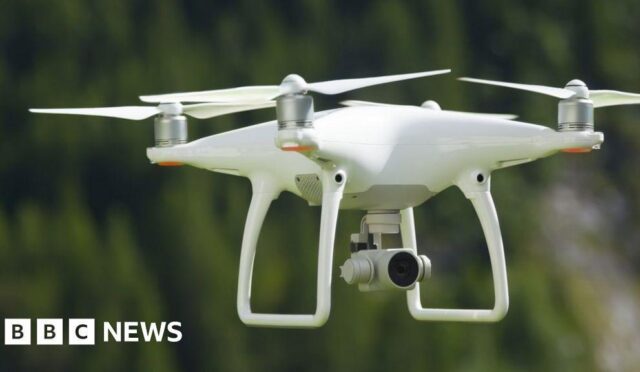Iran’s Doubts on Ceasefire Adherence
Iran expressed skepticism on Sunday regarding Israel’s commitment to a recently declared ceasefire, aimed at ending the violent conflict that lasted 12 days. The hostilities, the most intense between the two nations to date, escalated on June 13 when Israel launched a significant bombing campaign targeting Iranian military leaders and scientists linked to its nuclear program. Israel claimed that its intent was to thwart Iran’s potential development of nuclear weapons, a claim that Tehran has consistently refuted, asserting its right to pursue nuclear energy for peaceful purposes.
The offensive significantly disrupted ongoing nuclear negotiations between Iran and the United States, an ally of Israel. Abdolrahim Mousavi, the chief of staff of Iran’s armed forces, asserted in a televised statement, “While we did not initiate this war, we have decisively responded to aggression. We harbor serious doubts about the enemy’s willingness to uphold the ceasefire agreement, and we stand ready to respond forcefully if attacked again,” referencing the situation six days into the ceasefire ostensibly brokered by US President Donald Trump.
U.S. Involvement and Rising Nuclear Concerns
The conflict saw active participation from the United States, which assisted in strikes against key Iranian nuclear facilities. President Trump has threatened further military action if Iran continues to enrich uranium beyond acceptable levels. Reports from the International Atomic Energy Agency indicated that Iran enriched uranium to 60 percent in 2021—well above the 3.67 percent cap set by the 2015 nuclear accord, from which the U.S. withdrew in 2018. For the purposes of constructing a nuclear weapon, uranium enrichment would need to reach 90 percent.
Amidst these tensions, Israel has maintained a policy of ambiguity regarding its own nuclear arsenal. While it neither confirms nor denies possession of nuclear weapons, estimates from the Stockholm International Peace Research Institute suggest that Israel may hold around 90 nuclear warheads. This backdrop intensifies concerns about regional security and the potential for further escalations.
Civilian Casualties and Retaliation
The recent conflict has led to tragic civilian casualties, with Iran’s health ministry reporting at least 627 deaths and around 4,900 injuries among the civilian population during the 12-day hostilities. The Iranian military retaliated with missile strikes on Israel, which resulted in 28 casualties on the Israeli side, according to official reports. Additionally, Iran conducted numerous arrests, detaining individuals suspected of espionage for Israel, and seizing various military equipment, including drones and weapons.
Further complicating the situation, Iranian authorities announced on Sunday a legislative action aimed at preventing the use of unauthorized communication technologies, specifically targeting services like Elon Musk’s Starlink satellite internet.
Israeli Attack on Evin Prison
A particularly devastating Israeli strike during the conflict targeted Tehran’s notorious Evin prison, resulting in the deaths of at least 71 individuals as reported by Iranian judiciary officials. This assault damaged significant parts of the prison—a heavily fortified facility known for holding political prisoners and foreign nationals. Judiciary spokesperson Asghar Jahangir confirmed that the deceased included prison staff, guards, inmates, and visitors, along with residents from the surrounding area.
French Foreign Minister Jean-Noel Barrot commented that two French citizens detained at Evin, Cecile Kohler and Jacques Paris, were believed to be unharmed in this assault, which he condemned as “unacceptable”. In the wake of the attack, authorities announced that they had relocated inmates from Evin prison, though they did not disclose specific numbers or identities, including notable prisoners such as Nobel laureate Narges Mohammadi, several French nationals, and other foreign detainees.






